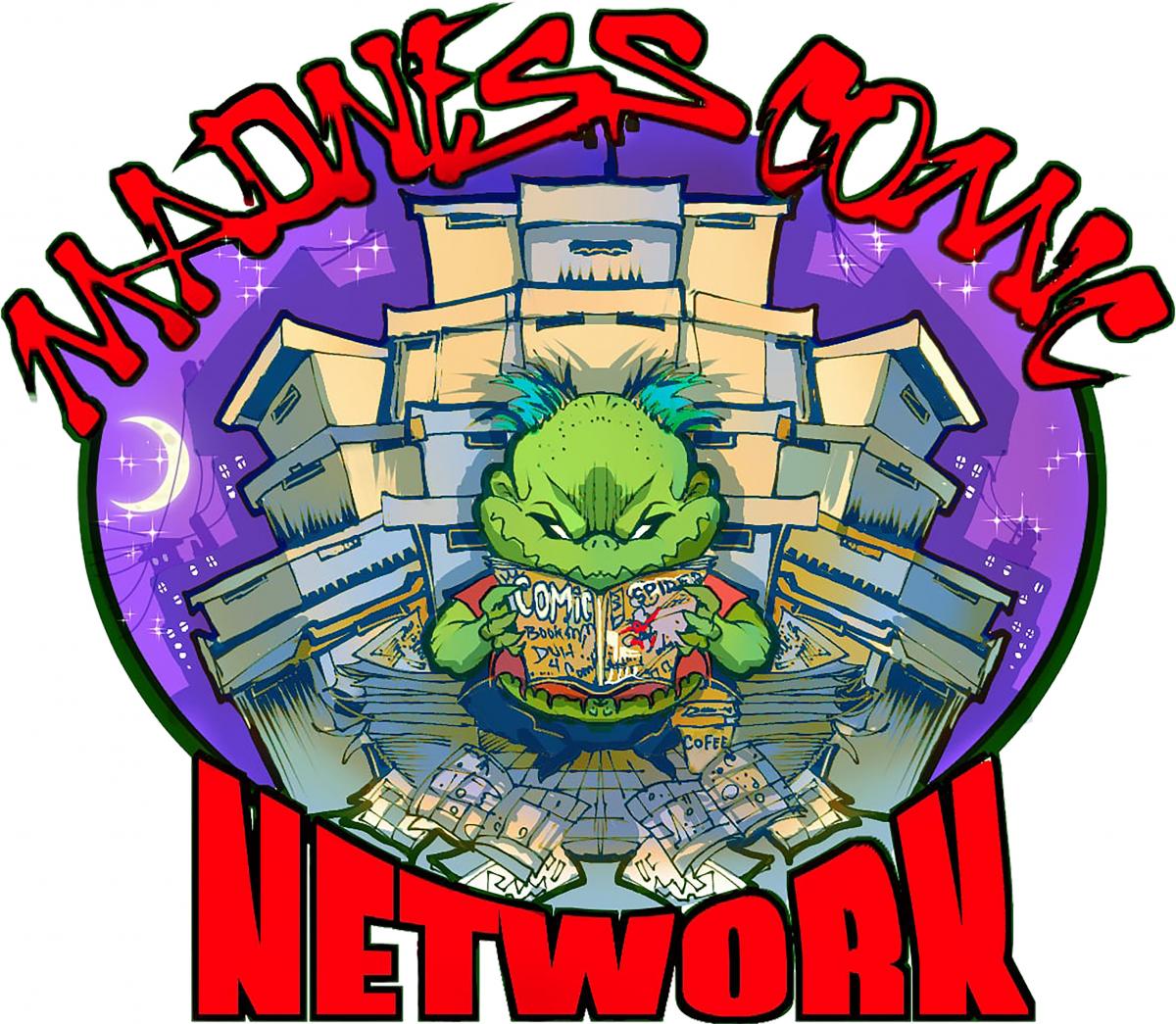Blumhouse's "Evil Eye" Tense but Predictable
FTC Statement: Reviewers are frequently provided by the publisher/production company with a copy of the material being reviewed.The opinions published are solely those of the respective reviewers and may not reflect the opinions of CriticalBlast.com or its management.
As an Amazon Associate, we earn from qualifying purchases. (This is a legal requirement, as apparently some sites advertise for Amazon for free. Yes, that's sarcasm.)

If there's one thing genre cinema had taught audiences over the years, it's that a wise omen should never be ignored. Whether it's Gregory Peck waving aside all evidence that little Damien is an infernal spawn or Crazy Ralph's unheeded warnings to arriving counselors to stay away from Camp Crystal Lake, rejecting Cassandra-like forewarnings, particularly from your elders, is one of the surest and quickest theatrical paths to dire disaster.
It's no different in the latest Blumhouse Films release, Evil Eye. In a smoothly paced, carefully wrought back-and-forth narrative between Indian-born, New Orleans-dwelling Pallavi (Sunita Mani) and her still-living-in-Delhi mother Usha (Sarita Choudhury), signs, symbols and portents abound concerning Pallavi's deepening romance with the mysterious, handsome Sandeep (Omar Maskati) and his possible connection with a dark figure from Usha's hidden past. Having remained in the United States when her parents left the country, the heavily-Americanized Pallavi has little use for her mother's constant cajoling that she find a husband before her twenty-ninth birthday, and even less tolerance for Usha's lifelong obsession with keeping her daughter spiritually safe. Once she learns of Sandeep's increasing presence in Pallavi's life, however, it seems Usha is the only one who questions his good-naturedness after he's impressed everyone else, and her ever-more-desperate entreaties to Pallavi fall on deaf ears. Yet is there really something sinister about Sandeep, or is all the meddling merely itself a herald of Usha's deteriorating physical and psychological health?
Evil Eye's use of a non-Western cultural backdrop is intriguing, a welcome and unique deviation from standard horror and suspense fare. India is a growing power on the world economic stage, and the subcontinent's newfound modernization is cleverly juxtaposed with ancient mysticism: scenes effortlessly shift from Pallavi to Usha as they communicate via smartphones and Skype, while at the same time Usha makes full use of astrology and charms to divine what is happening to her daughter's life. Directors Elan Dassani and Rajeev Dassani do a skillful job escalating the levels of dread amidst the everyday proceedings, and the revelatory scene when Usha confesses the darkest portion of her past and details just who she believes Sandeep to be is a showcase of bursting familial tension, an anxious atmosphere only heightened by Ronit Kirchman's haunting ethereal-ethnic score.
Themes of generational sin, recurrence and rebirth are heavy in Evil Eye, and thicken as the storyline advances; parallels are made not only between Sandeep and events from Usha's life, but between Usha and her daughter--radically different women who are nonetheless shown in many scenes to carry themselves in a similar manner, figuratively and physically. The over-obvious exploration of such karmic territory is in fact the film's only flaw, as the slow, steady realization of Sandeep's true identity is entirely predictable well before the movie nears its end. It's not a fatal plot letdown, as Evil Eye is well-acted, well-woven fare with a foreboding flair, but the point the filmmakers seek to make may be too conveniently conspicuous to ensure repeated viewings.
I give it a 3.5 (out of 5) on my Fang Scale.


